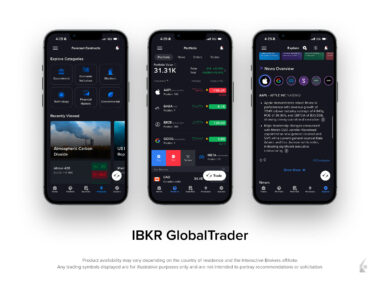Symphonix’s comprehensive lending platform enables non-bank lenders to streamline operations and improve customer experiences
AUSTIN, Texas--BUSINESS WIRE--
Q2 Holdings, Inc. (NYSE: QTWO), a leading provider of digital transformation solutions for financial services, today announced the introduction of Symphonix, the evolution of its cloud-based digital lending solution. The Symphonix lending platform is designed specifically to help non-bank lenders build and grow profitable portfolios.
Symphonix provides cloud-based loan origination, loan servicing, collections, and investor management applications across the globe and currently supports over 1.5 million monthly loan applications for non-bank lenders. Its mission is to expand the global community of lenders and borrowers by harnessing its deep understanding of technology for financial services.
“Our vision is to create a world where access to capital no longer constrains people and small businesses from realizing their full potential,” said Symphonix General Manager Bill Gravette. “Non-bank lenders are critical to helping expand credit access globally. However, they often spend too much time building and integrating infrastructure and not enough time attracting and serving their customers, refining their credit policies, and fulfilling their compliance obligations. At Symphonix, our team of experts is committed to helping our customers orchestrate better borrowing experiences and provide credit to consumers and small businesses.”
“With the help of Symphonix, we were able to scale almost immediately. The new system automated the lending process and provided built-in manual review alerts. Refinements previously took over nine months and now are live in as little as 30-45 days,” said Pioneer Military Credit CEO Aaron Hadke. “Q2 is the best software company with the best process I've been involved with in any of the startups I've done in my career.”
To learn more about Symphonix, go to https://symphonix.com.
About Q2 Holdings, Inc.
Q2 is a leading provider of digital transformation solutions for financial services, serving banks, credit unions, alternative finance companies, and fintechs in the U.S. and internationally. Q2 enables its financial institution and fintech customers to provide comprehensive, data-driven digital engagement solutions for customers, small businesses and corporate clients. Headquartered in Austin, Texas, Q2 has offices worldwide and is publicly traded on the NYSE under the stock symbol QTWO. To learn more, please visit Q2.com. Follow us on LinkedIn and X to stay up to date.
View source version on businesswire.com: https://www.businesswire.com/news/home/20241017679075/en/
Contact details:
Carly Baker
Q2 Holdings, Inc.
[email protected]
+1 210.391.1706



